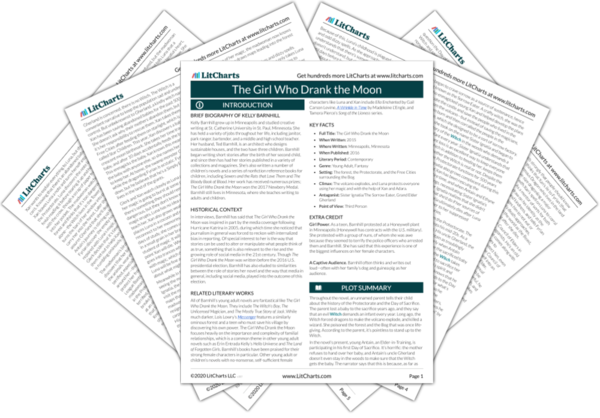For Xan, this infant is different, and impresses upon her the importance of showering the Star Children with love and affection while she has them in her care. This is both a sorrowful and a hopeful time for Xan, as she still believes that she’s going to have to find this baby a home in the Free Cities, while some part of her likely hopes that it’ll be possible to keep closer ties. This shows how hope and sorrow can be closely entwined, and that when they are, it isn’t necessarily a bad thing.
